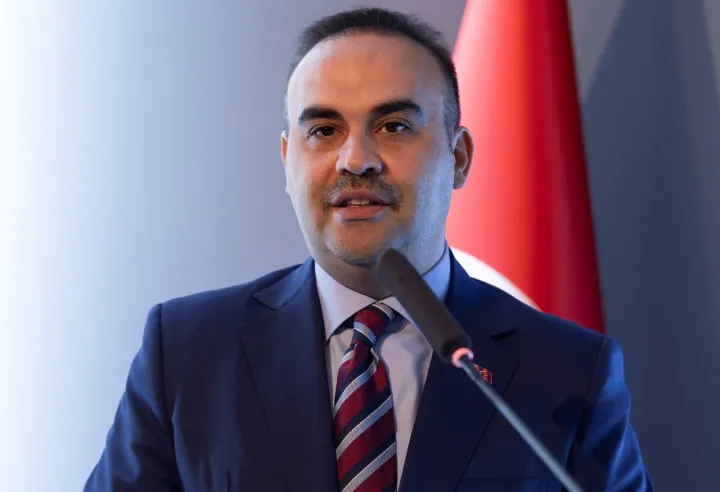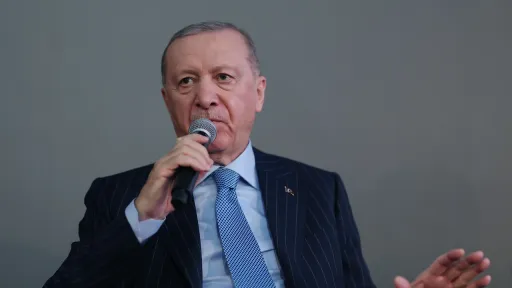Independence
Gabon is a country located in Central African region and shares borders with Congo, Equatorial Guinea and Cameroon.
Gabon gained its independence on August 17, 1960. It was colonised by France and incorporated into the colony of the French Congo in 1882 and then became a separate colony in 1906.
Gabon's size
The country's land has a total area of 267,670 km² (103,348 mi²) and a total coastline of 885 km (549.9 mi).
Gabon is thus the 30th smallest country in Africa but one of the most sparsely populated countries on earth. The vast majority of the population live in urban areas particularly the capital Libreville.
Leadership
The small central African state has been ruled by the same family for more than 55 out of its 63 years since independence from France in 1960. The first president of the country was Leon Mba who died in 1967.
Ali Bongo, 64, who was seeking a third term in Saturday's election, took over when his father Omar died in 2009 after nearly 42 years in power.
Bongo senior, who took office in 1967, had the reputation of a kleptocrat - one of the richest men in the world, with a fortune derived from Gabon's oil wealth.
His son grew up the scion of a wealthy ruling family and was once known by his initials of ABO, Ali B -- or, less flattering, "Monsieur Fils" (Mr Son).
In October 2018, Bongo suffered a stroke that sidelined him for 10 months. The episode stoked claims he was unfit to rule and fuelled a minor attempted coup.
Gabon has a presidential system of government. A recent constitutional change following a referendum allowed President Ali Bongo to seek a third term in office.
Rich country
Gabon is one of the richest countries in Africa in terms of per-capita GDP, thanks largely to oil revenues and the small population of 2.3 million, AFP news agency reports.
In the 1970s, the country discovered abundant oil reserves offshore, allowing it to build a strong middle class and earn the moniker "central Africa's little emirate". Oil accounts for 60 percent of the country's revenues.
But a third of the population still lives below the poverty line of $5.50 per day, according to the World Bank.
Conservation efforts
Forests cover 88 percent of the surface of Gabon, providing a haven for gorillas, buffalo, panthers, elephants, chimpanzees and other species.
The country, which markets itself as the "last Eden", has become a major advocate for conservation in a region where wildlife is being battered by wars, habitat destruction and the bushmeat trade.
In 2002, it set up a network of 13 national parks covering 11 percent of its territory.
One of the big success stories is conservation of critically endangered African forest elephants. Their global numbers have fallen 86 percent in 30 years but in Gabon they have doubled in a decade.
Gabon is a forested country with the fauna and flora preserved and protected in thirteen national parks including the national parks of Lope and Ivindo which are listed as UNESCO World Heritage Sites.
























